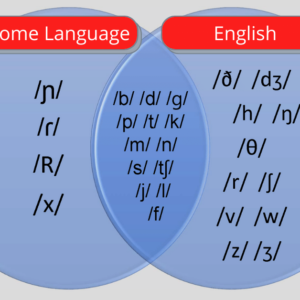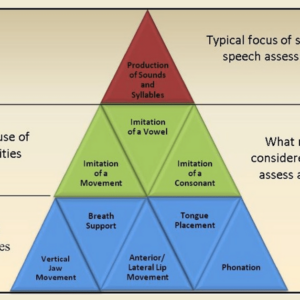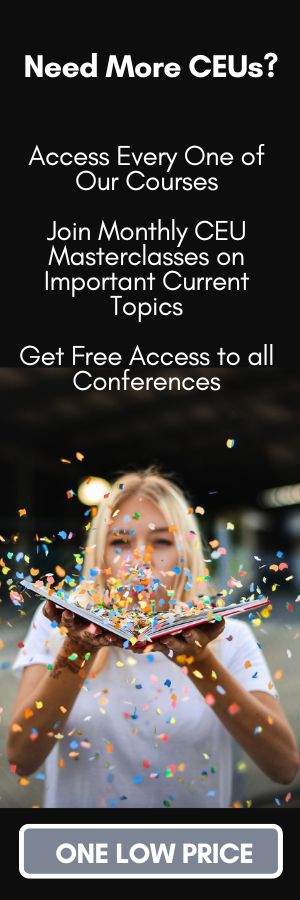Be Highly Productive Without Sacrificing Your Health or Home Life
$15.00

Course Type: Video – 1 hour
ASHA Course Code: Service Delivery Associated with Speech, Language, Hearing and Related Disorders – 7010
Many speech-language pathologists are experiencing increases in paperwork and caseloads. This course showed how strategies from three of the foremost productivity researchers can be successfully applied to the field of speech-language pathology so that professionals can continue to serve clients effectively without sacrificing their health or compromising their off-work hours.
Additional Information
| Population | Adult, Early Childhood, School Age |
|---|---|
| Duration | 1 hour |
| Credit | .1 Continuing Education Unit |
| Topics | SLP Professional |
| Format | Video |
Financial Disclosure: Scott Prath, M.A., CCC-SLP is a salaried employee of Bilinguistics. Bilinguistics receives royalty payments for online courses.
Non-Financial Disclosure: Scott Prath does not have any non-financial relationships to disclose.
The majority of teaching and continuing education that speech language pathologists receive relate to job and field specifics. This makes complete sense. As a percentage of time however, there are a large number of hours that are applied to non-speech pathology tasks. These include paperwork, report writing, professional interactions, and collaborations. This course shared research and strategies to structure our paperwork, report writing, and collaboration time.
We explore 3 models:
Getting Things Done (GTD) – David Allen
GTD is a method for organizing your to-dos, priorities, and your schedule in a way that makes them all manageable. One of GTD’s biggest benefits is that it makes it easy to identify what is most pressing and determine what to focus on next. It also has a strong emphasis on clearing our minds of any mental distractions that keep us from working efficiently.
Essentialism – Greg McKeown
Essentialism provides strategies for dealing with the stress of overwhelm and identifying how to use our extremely limited free time. A strength of Essentialism is the 90-10 model for making decisions that provides a criterion for identifying what is truly important.
The One Thing – Gary Keller
The core concept of The One Thing is identifying what a professional should be focusing on so that other things become easier or no longer need to be completed. In a time when greater demands are being made of our time, eliminating activities that are not required becomes critical.
This course concludes by showing ways to apply these theories to our speech-language pathology work.
Participants will:
Discuss methods to organize and schedule multistep repeated processes such as conducting evaluations
List 6 strategies for beginning new projects
Summarize the benefits of aligning professional tasks with specific portions of the day
Time-ordered agenda:
05 minutes: Introduction to the topic
15 minutes: Profile of research on productivity from three business professionals.
10 minutes: Tips handing communications
15 minutes: Tackling repeated processes, long term and short term projects
10 minutes: Improving and evaluating the importance of interactions with others.
05 minutes: Concluding remarks and summary
Need CEUs?

 Share
Share
 Tweet
Tweet
 LinkedIn
LinkedIn
 Pin
Pin
 Email
Email





